MCGREGOR RANGE, N.M. (Army News Service, April 21, 2009) - Wisconsin Guardsmen from the 32nd Infantry Brigade Combat Team are conducting close-quarters combat and urban-operations training in New Mexico as part of the program to prepare the Soldiers for deployment, unit noncommissioned officers said.
"The fight today is gearing more toward the Iraqis taking charge of the fight over in [their] country," said Sgt. 1st Class Lonnie Grove, NCO in charge of the close-quarters combat and urban-operations training lane, and assigned to Task Force Warhawg, 1st Battalion, 360th Infantry Regiment. "More of what we're trying to do now and implement into our training is to have Iraqi role-players come out here and put them up front so that they are the face of the fight."
Accompanied by simulated Iraqi security forces, the Guardsmen moved tactically between buildings, entering and clearing rooms safely. Whether the scenario presented a meeting with the local sheik, an urban patrol or a search for a high-value target, the Iraqi forces were part of the operations.
Guardsmen said the integration of the Iraqis into the urban-ops training is more noticeable for those who have experienced previous deployments, because U.S. forces in the past could act on their own behalf.
Now, pursuant to certain aspects under the Status of Forces Agreement, which became effective Jan. 1, American forces must act "by the ISF, with the ISF and through the ISF," said 1st Sgt. Michael Roth, assigned to C Company, 2nd Bn., 127th Inf. Regt.
"If there is an action that needs to be taken, the Iraqi security forces need to be up front," said Roth. "It needs to be authorized by the Iraqi government in the form of a search warrant."
Capt. Anthony Klemme, commander of C Co., 2-127th Inf., said he believes working with Iraqi security forces is a step in the right direction because they can take the lead in the presence and under the protection of American forces.
"It's a mutually beneficial relationship," said Klemme. "The overall target is to get the Iraqi security forces to be able to operate on their own."
(Maj. Deanna Bague serves with Fort Bliss Public Affairs)

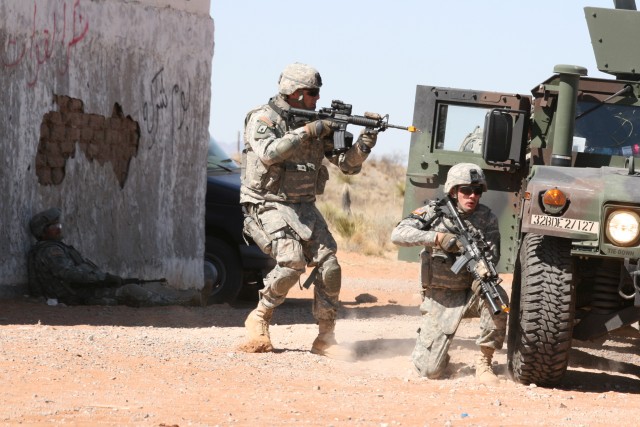
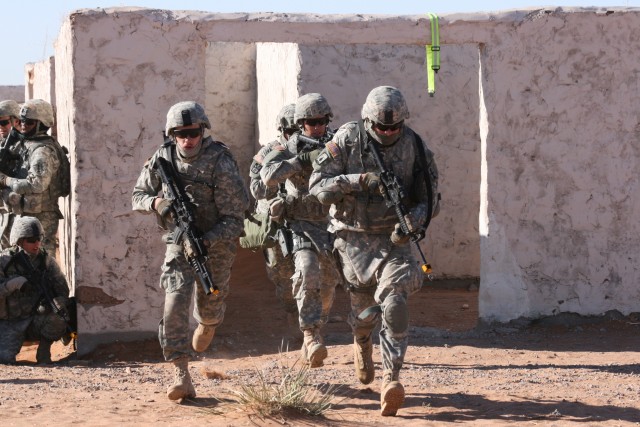
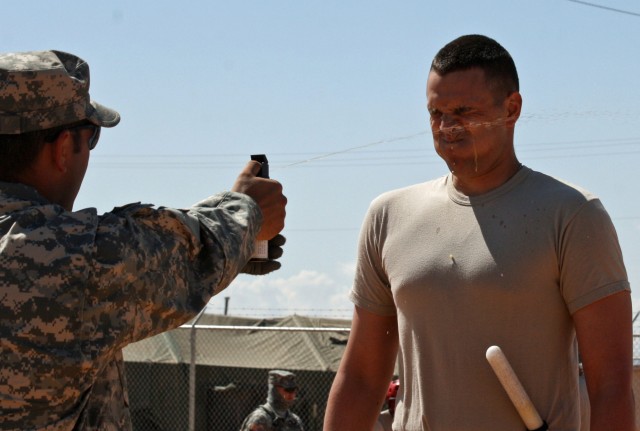
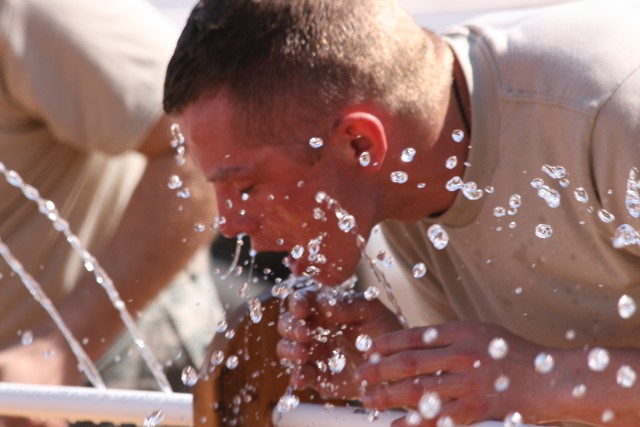
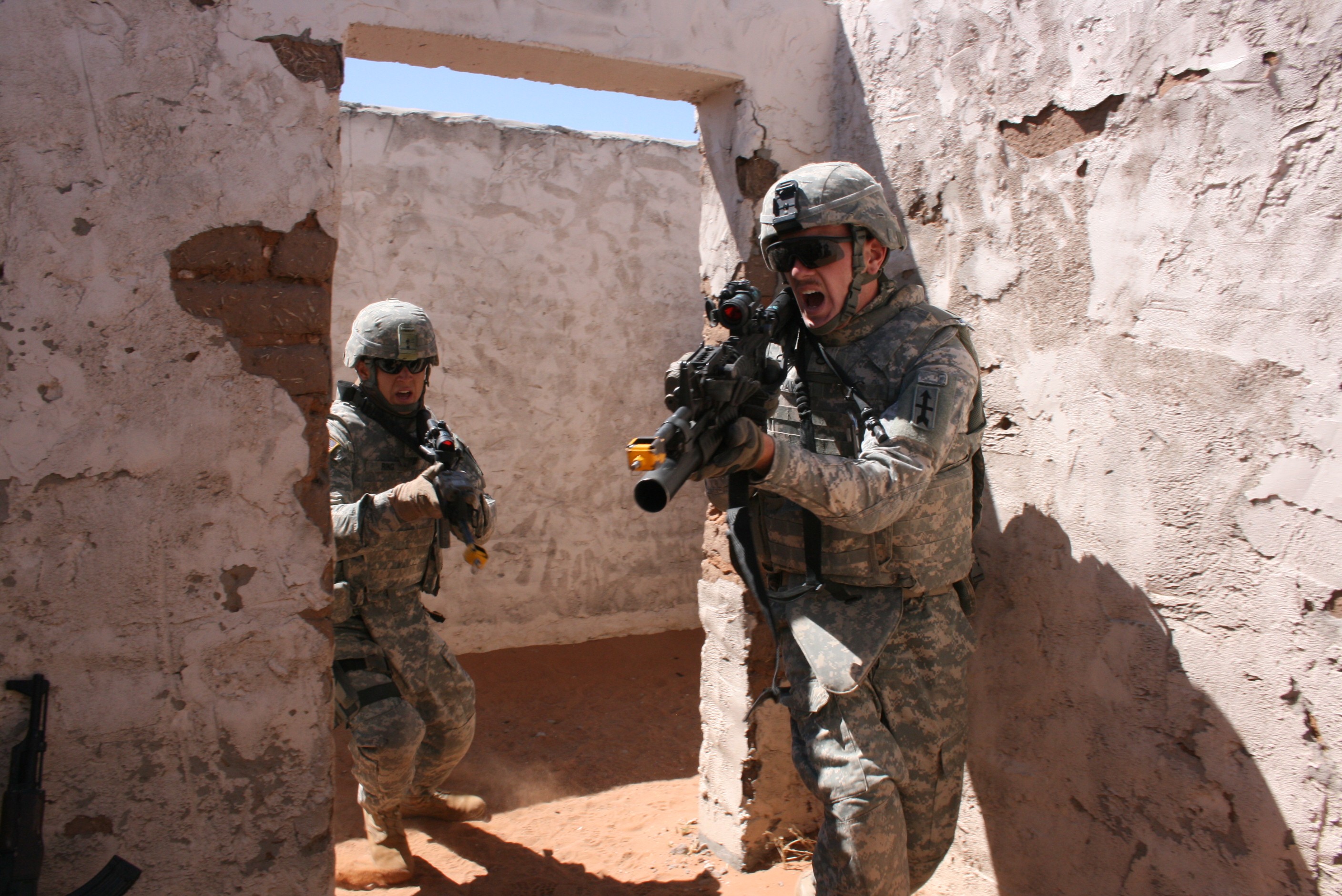
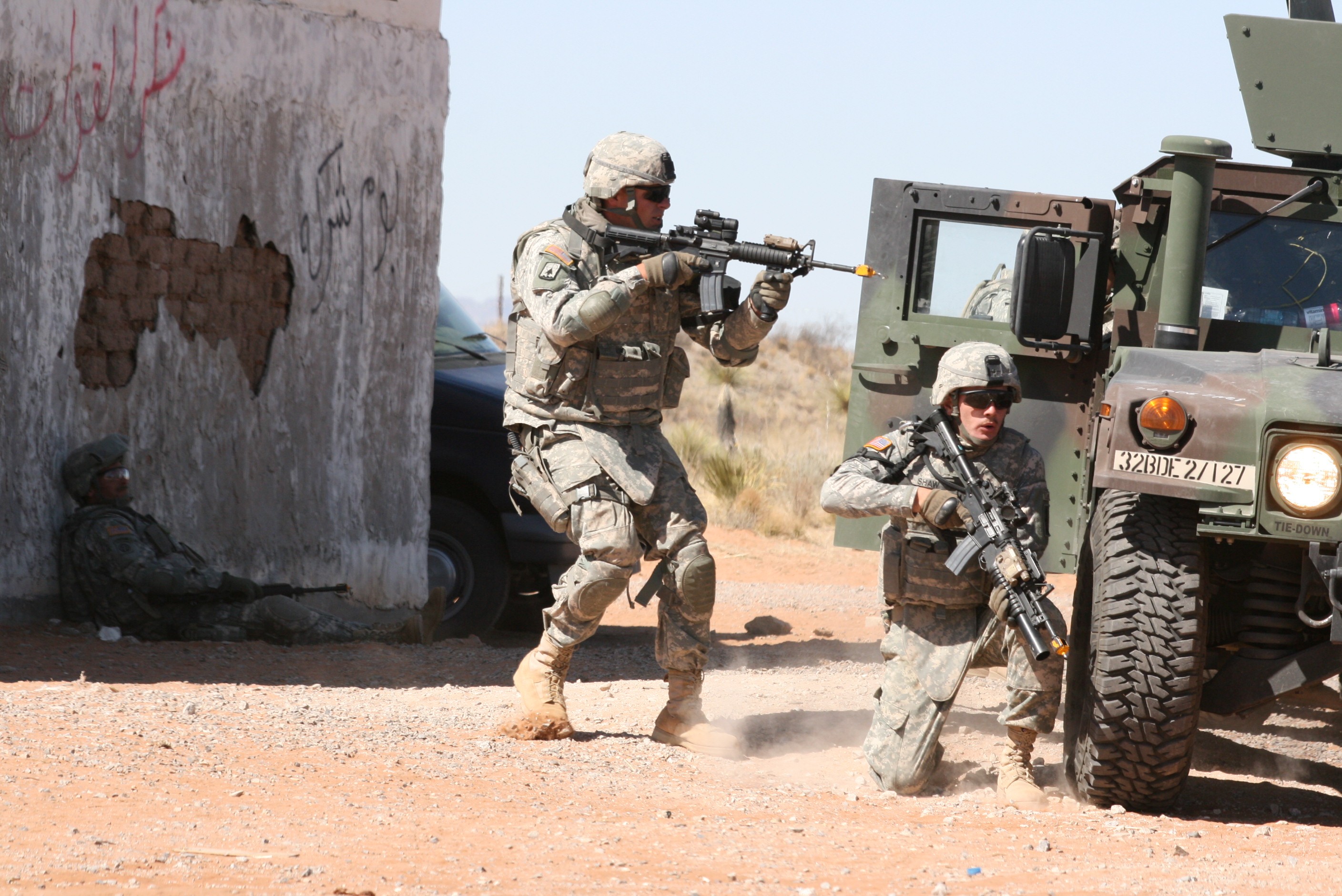
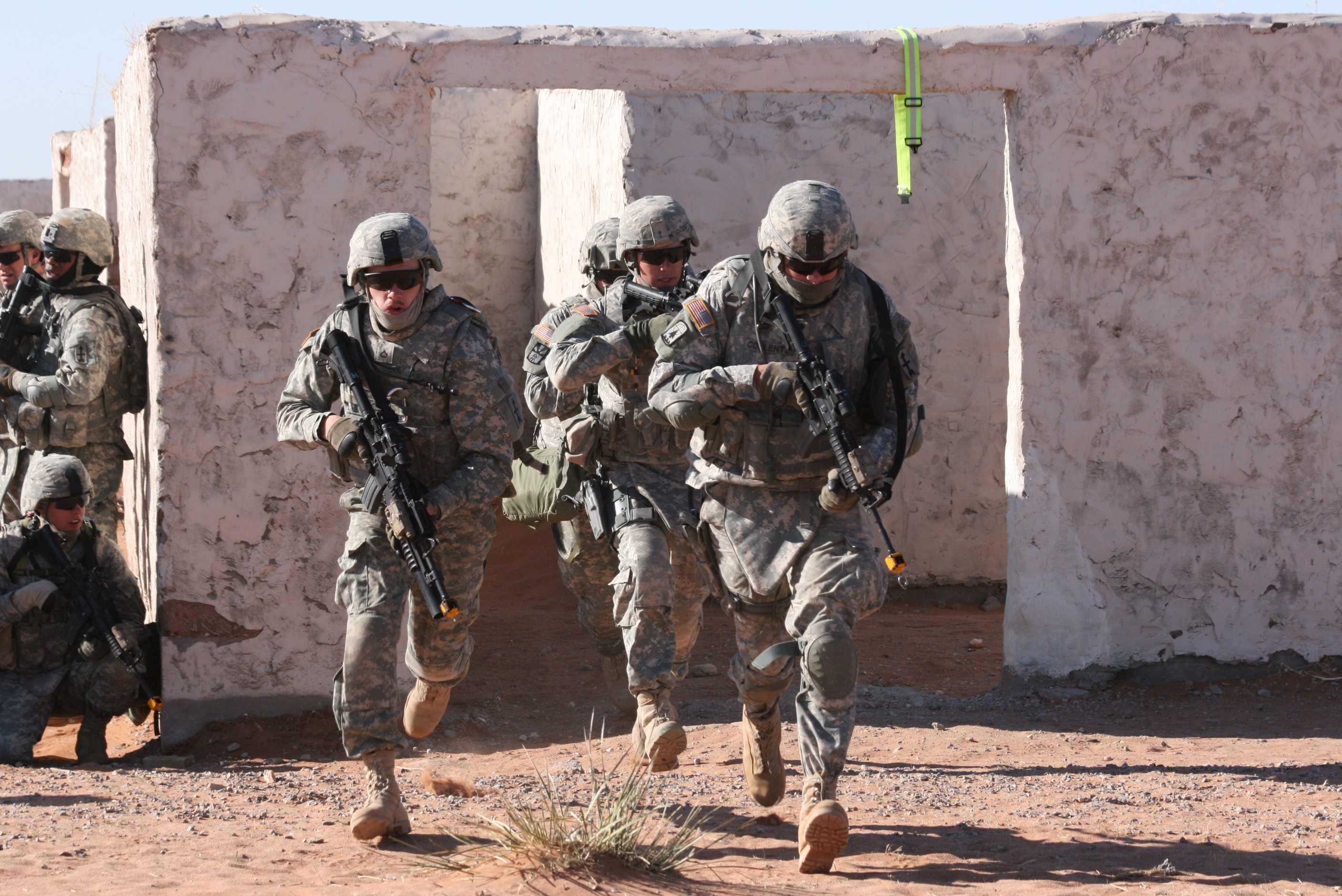
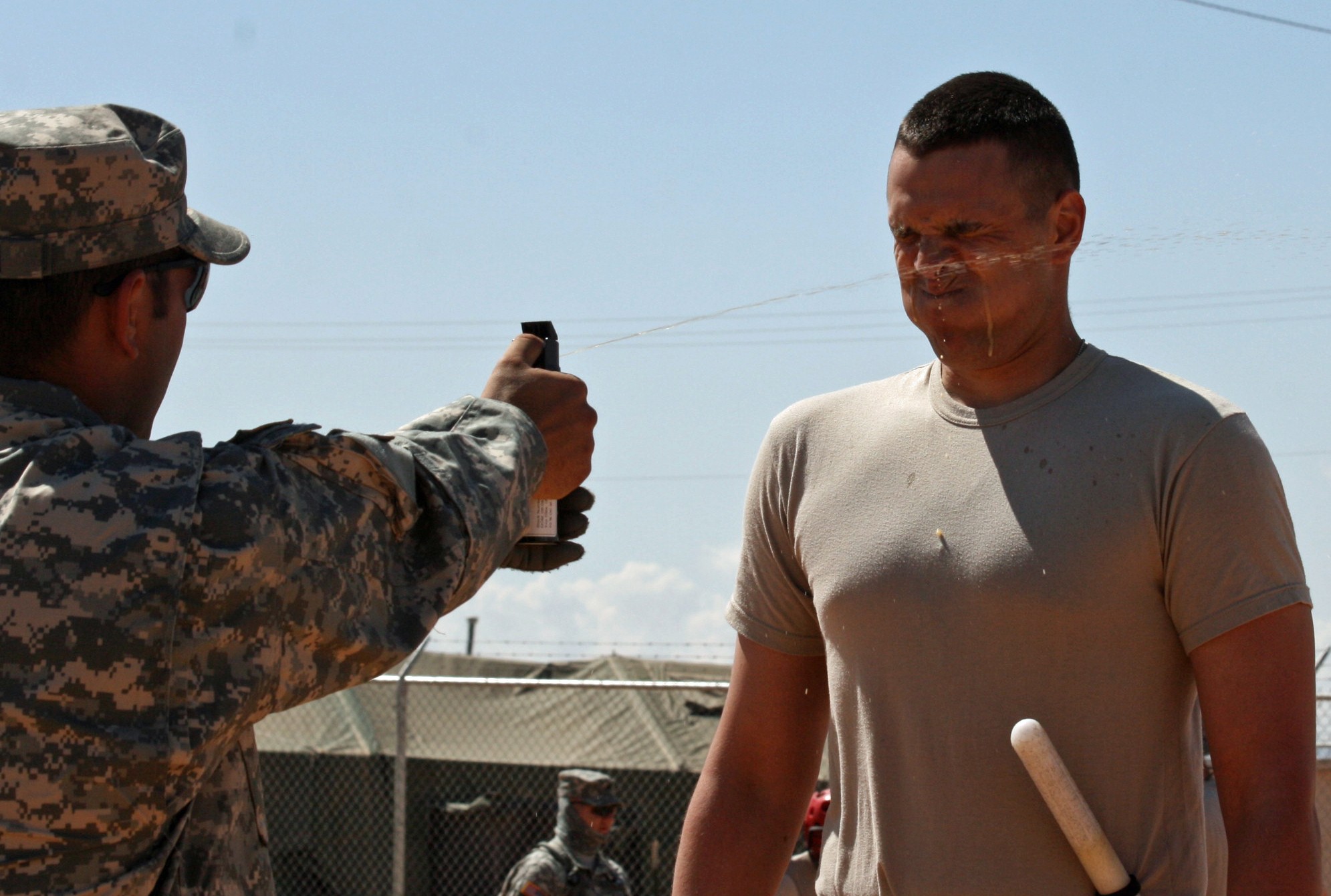
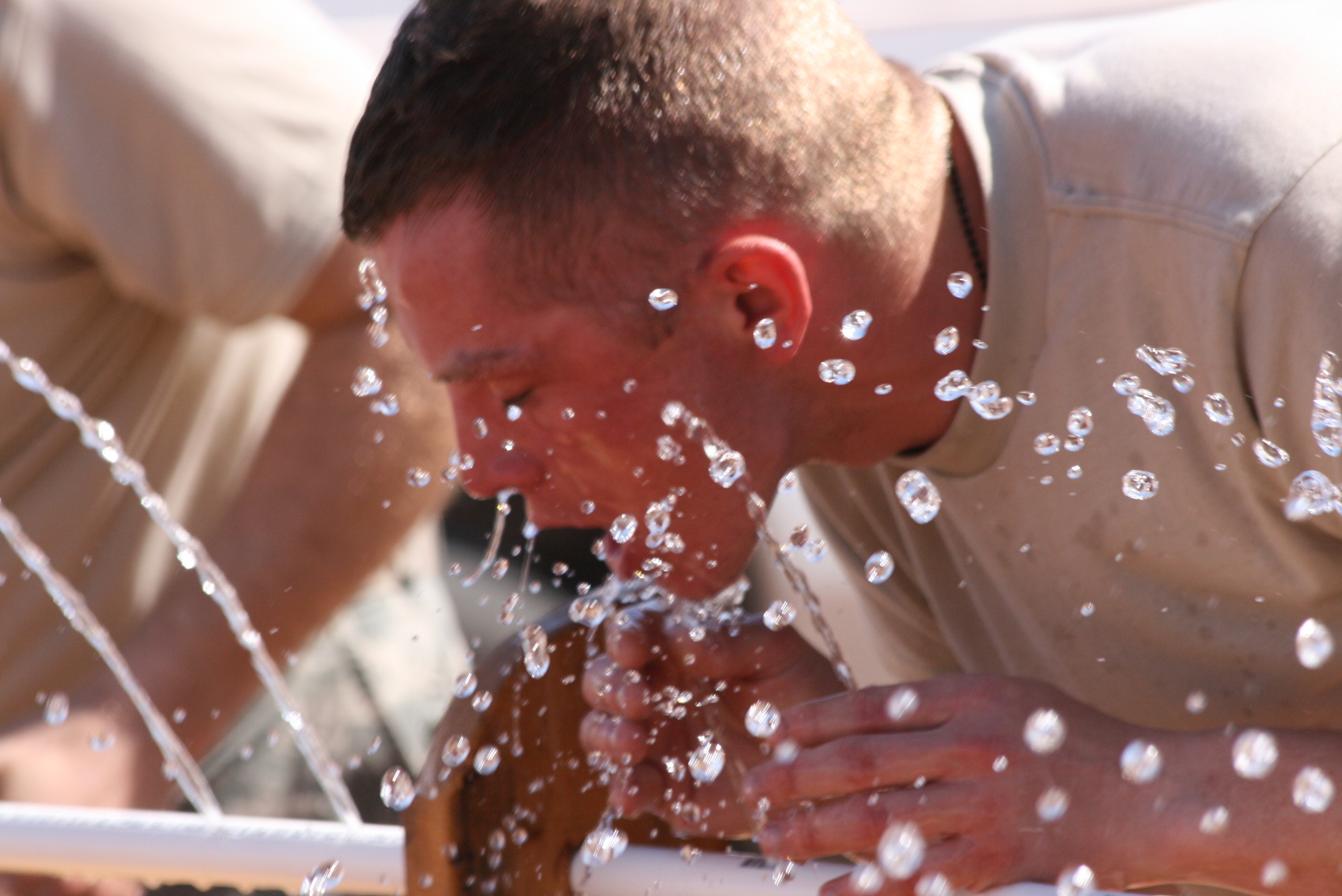
Social Sharing